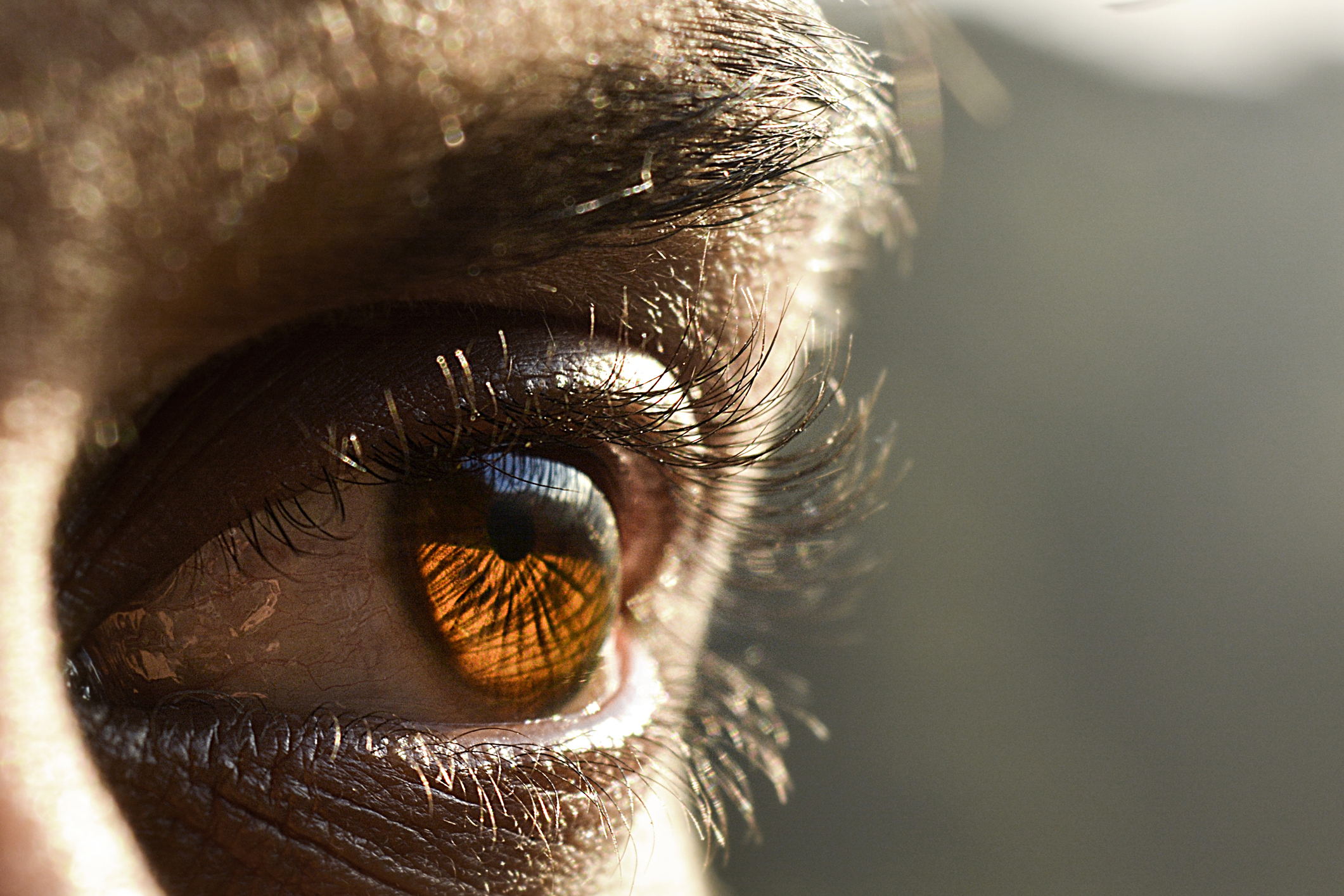Our GAP scheme has just been re-launched! Visit our access to medicines page to learn more.
Glaucoma is a condition involving the build-up of pressure in the eye, leading to the damage of nerves and potential blindness. Particularly common among people over the age of 60, this condition may remain undetected without eye checks. Clinical studies have shown that medical cannabis can reduce intraocular pressure at least as effectively as other traditional treatments. Unfortunately, medical cannabis is only of short-term benefit, with the effects lasting 3-4 hours after each dose. Further research will have to be conducted to establish whether such treatment will effectively alter the course of glaucoma.


Glaucoma is a group of eye conditions, with the most common being chronic simple and chronic open-angle glaucoma. Typically, they are related to a build-up of fluid in the front part of the eye, resulting in elevated “intraocular pressure” and damage to the optic nerve, which is vital for good vision. Early diagnosis and treatment is vital for the prevention of vision loss, with glaucoma being one of the leading causes of irreversible blindness among people aged 60 and over.
There are unlikely to be any symptoms during the initial onset of glaucoma. However, it will become increasingly apparent as peripheral vision deteriorates. It is common for such symptoms to be identified during routine tests.
Other symptoms of glaucoma include:
In rare instances, glaucoma will develop suddenly, with symptoms such as:
As mentioned, the majority of cases involve the gradual build-up of fluid and pressure in the eye. Although rare, acute angle-closure glaucoma may be caused by the sudden blockage of drainage from the eye, leading to an immediate increase in intraocular pressure. Secondary glaucoma might occur as a result of an underlying eye condition.
These factors apply in the majority of cases:
Regular eye tests are recommended for the early detection of glaucoma. Suitable treatments will vary depending on the type of glaucoma, but might include prescription eye drops for one or more of the following: prostaglandins, beta-blockers, alpha-adrenergic agonists, rho kinase inhibitors, cholinergic agents.
Other options include laser treatment for the release of blocked drainage tubes and surgery for improved drainage. Regular consultations will also be needed in order to assess the development of glaucoma and effects of any treatments.
Research has shown that medical cannabis reduces intraocular pressure. However, most evidence suggests that the effect lasts for 3 to 4 hours, with limited evidence of long-term benefits.
Individuals with glaucoma require round-the-clock management of eye pressure, which would mean 6 to 8 dosings of medical cannabis per day. This makes medical cannabis currently an impractical option for the majority of glaucoma sufferers. However, further research may lead to the development of a medical cannabis treatment that can be taken less frequently.


Yes. Cannabis-based medicinal products (CBMPs) have been legal since the 1st of November 2018, when they moved from a Schedule 1 product to a Schedule 2 product. This reflects their potential for medical use.
Cannabis-based medicinal products, also known as CBMPs, can be prescribed by private consultants, when appropriate, within their specialty area when there is unmet clinical need.
In the UK cannabis medicines are accessed primarily via private clinics. However, any specialist physician can prescribe cannabis medicines. GROW® is here to provide education and support to any specialists looking to prescribe or just to find out more.
There are 3 licensed medicines which contain cannabinoids – Epidiolex for some forms of epilepsy, Sativex for multiple sclerosis (MS), and Nabilone for chemotherapy-induced nausea and vomiting (CINV). However, only a handful of prescriptions have been issued in the NHS to date.
Most cannabis-based medicinal products (CBMPs) are instead unlicensed, and they must be written on a private prescription, typically issued by private clinics specialising in medical cannabis treatment.
Cannabis medicines come in multiple forms; flowers, often referred to as herbal cannabis (to be vaporised, rather than smoked), oils (taken under the tongue) and capsules. Cannabis medicines come in high-THC, high-CBD and balanced varieties.
Smoking medical cannabis is illegal. Medical cannabis can instead be taken in different forms depending on the desired speed of onset and duration of action, which is discussed between the patient and their doctor.
It’s important to find clinic that works for you. Most importantly you need to find a Doctor that specialises in your condition. For example, patients with pain will need to see pain specialist, while those with a mental health condition must see a psychiatrist.
It’s important for patients to know they can use any pharmacy that supplies the appropriate medicines in the UK.
Some clinics have a preferred pharmacy but will be able to send prescriptions to others if needed.
To speed up the process, patients should bring a copy of their medical records. These are then forwarded to the clinic in advance of the first consultation.
No. Cannabis-based medicinal products (CBMPs) are only prescribed by GMC-registered specialist doctors. As they are medicinal, CBMPs are regulated by the Medicines and Healthcare products Regulatory Agency (MHRA); which ensures the safety, quality, and effectiveness of medicines in the UK.
Over-the-counter (OTC) CBD products can be purchased without a prescription in pharmacies, health food shops, or online. These may come in forms such as oil tinctures, capsules, or vapes. They are not medicinal products as they are regulated by the Food Standards Agency (FSA) as a food supplement, with a 0.3% limit on THC.
Patients are free to seek a second opinion from another clinic. Patients should ensure the clinic has communicated their reasons for deciding not to prescribe. It may be that they feel you should try other medicines before trying cannabis medicines, or that they need to see more information about your medical history before they are happy to prescribe.
For patient enquiries - [email protected]
For doctor enquiries - [email protected]
For all other enquiries – [email protected]
Healthcare professionals can also sign up to our Doctor Portal.
We are always here to help. If you have a question, comment or want to learn more please fill in your details below and one of our team members will contact you.
By selecting "Yes, I am a HCP", you hereby confirm you are a Healthcare Provider and consent to view the contents of this site.

